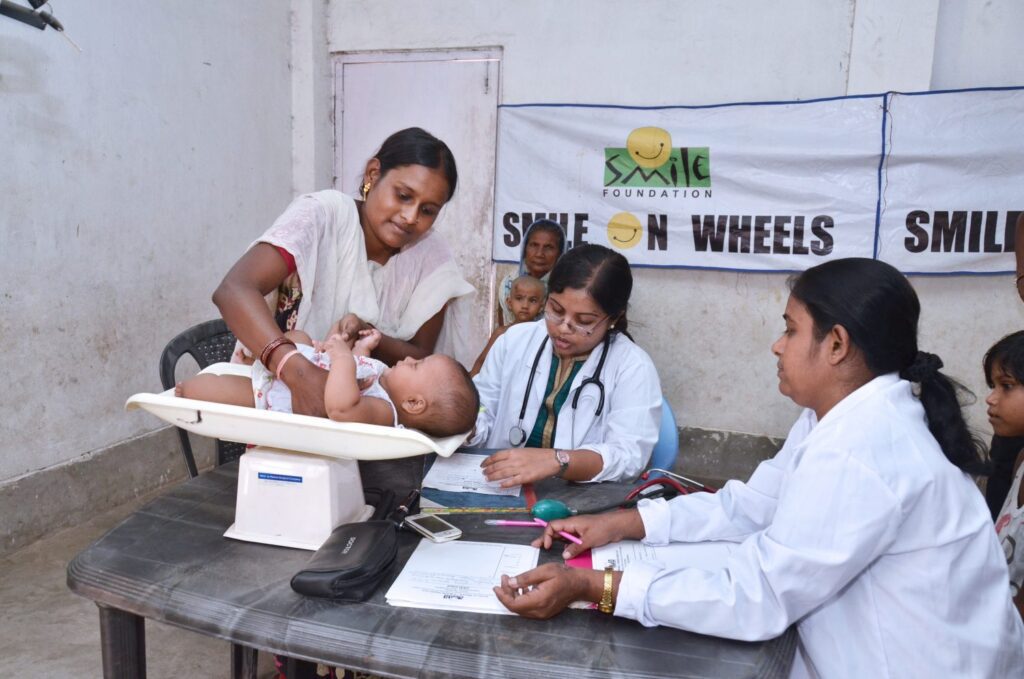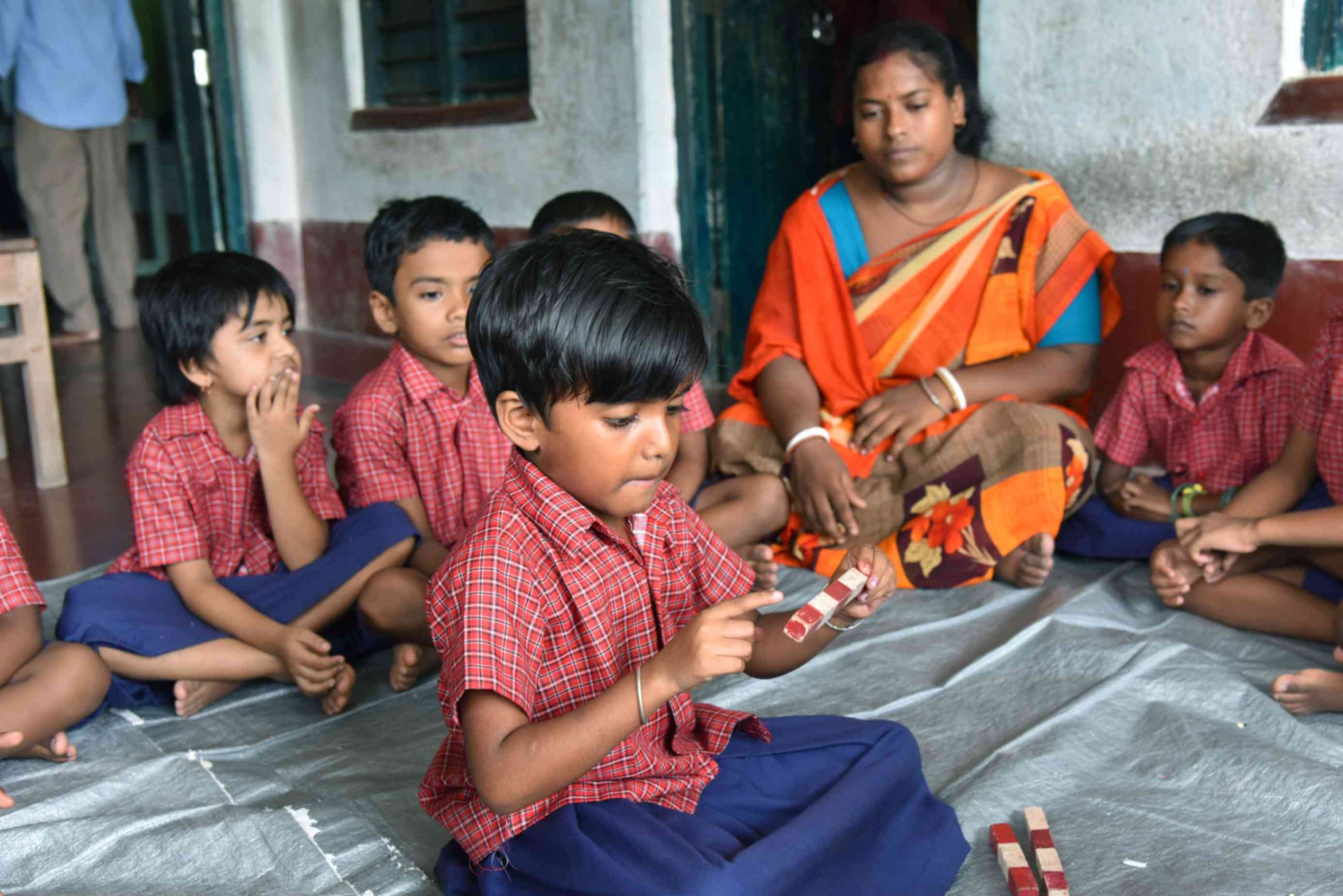Early childhood is lays the foundation for a the lifelong health and well-being development of a child. Investing in early child healthcare is essential for ensuring optimal growth, cognitive development and overall success later in life. Why?
Because
Promoting Physical Health: Early child healthcare encompasses a range of preventive measures, including vaccinations, regular check-ups and screenings, aimed at safeguarding the physical health of children. Immunisations protect against infectious diseases, reducing the risk of illness, disability and premature death. Routine health assessments enable healthcare providers to monitor growth and development, identify potential health concerns and intervene early to prevent complications.
Early detection of diseases is paramount in ensuring optimal health outcomes throughout life. Regular health check-ups during childhood facilitate the timely identification and management of various health conditions, ranging from common ailments to more serious illnesses. Conditions such as asthma, diabetes and hypertension, if detected early, can be effectively controlled, thereby reducing the risk of complications in adulthood.
Fostering Cognitive Development: The early years of life are a critical period of brain development, with significant implications for cognitive, social and emotional functioning. Access to quality early child healthcare services, including prenatal care, early intervention programmes and developmental screenings, can support optimal brain development and enhance school readiness.
Early intervention in developmental disorders such as autism spectrum disorder (ASD) or attention deficit hyperactivity disorder (ADHD) can significantly improve the cognitive and behavioural functioning of a child, laying a solid foundation for academic and professional success later in life.
Supporting Emotional Well-being: Emotional health is an integral component of overall well-being, influencing the ability of children to form secure attachments, regulate emotions and navigate social relationships. Nutrient-rich foods provide essential vitamins and minerals that support brain health and emotional well-being. A balanced diet comprising omega-3 fatty acids, antioxidants, and vitamins B and D can help alleviate symptoms of anxiety, depression, and mood disorders in children, thereby promoting emotional resilience and psychological stability.
Early child healthcare plays a deciding role in promoting emotional well-being through parent education, mental health screenings and access to supportive services. By addressing psychosocial stressors, trauma and adverse childhood experiences, healthcare providers can help children and families build resilience and coping skills, laying the groundwork for positive mental health outcomes throughout life.
Empowering Families and Communities: Early child healthcare extends beyond the individual child to encompass families, communities and society as a whole. By providing parents with education, resources and support, healthcare providers empower families to make informed decisions about their the health and development of children. Community-based initiatives, such as home visiting programmes, parenting classe, and early intervention services, strengthen social support networks and promote collaboration among stakeholders. By investing in early child healthcare, we can create a culture of health and wellness that benefits everyone.
Common sense to care about child healthcare
Children who consume a diet rich in fruits, vegetables, whole grains and lean proteins are more likely to perform better academically, exhibit enhanced concentration and cognitive function and maintain a healthy weight. Moreover, instilling healthy eating habits early in life reduces the risk of developing chronic diseases such as obesity, diabetes and cardiovascular disorders in adulthood, thus paving the way for a healthier and more productive life.
The impact of child healthcare like in Smile Foundation‘s Health Cannot Wait initiative extends far beyond physical and mental well-being – it has direct implications on adult success. Children who receive comprehensive healthcare services, including preventive care, immunisations and screenings, are more likely to thrive academically, socially, and economically in the long run. Good health enables children to attend school regularly, participate in extracurricular activities and pursue higher education and career opportunities. Conversely, untreated health issues during childhood can hinder academic performance, limit employment prospects and impede overall life satisfaction in adulthood.
In India, various government schemes are aimed at promoting child healthcare and well-being. The Integrated Child Development Services (ICDS) programme, launched by the Ministry of Women and Child Development, provides essential health and nutrition services to pregnant women, lactating mothers and children under six years of age. Through Anganwadi centers, ICDS offers immunisations, growth monitoring supplementary nutrition, and health education to ensure the holistic development of children. Additionally, the Rashtriya Bal Swasthya Karyakram (RBSK) focuses on early detection and intervention for birth defects, developmental delays, disabilities and other health conditions among children aged 0-18 years. By leveraging these schemes, India aims to address the healthcare needs of its youngest citizens and set the stage for their future success.









